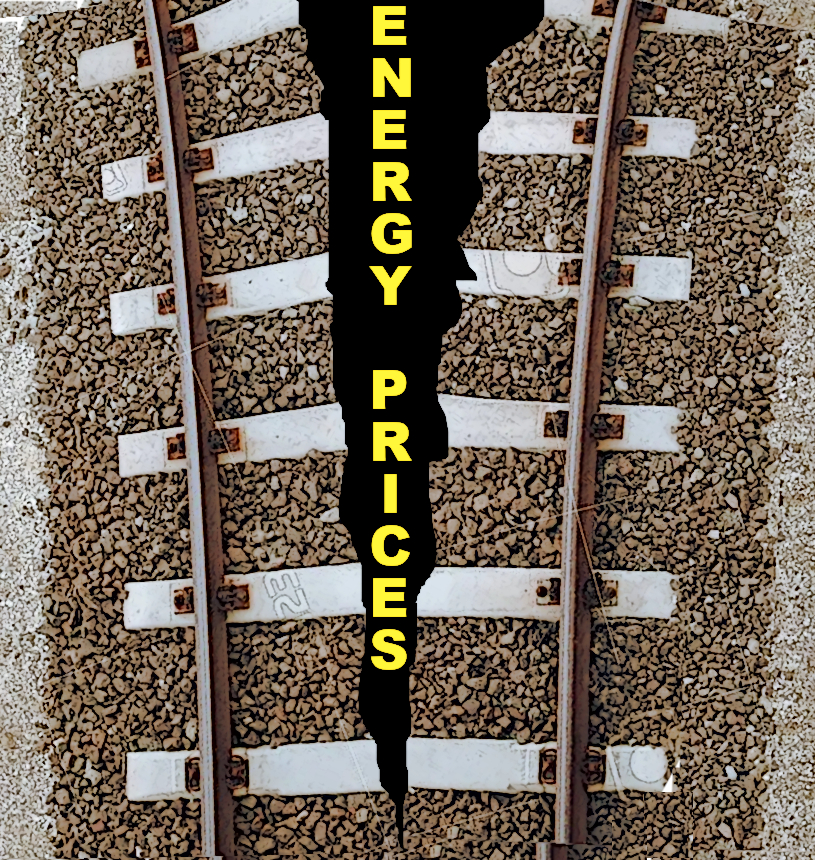
European rail and intermodal freight associations have warned that rising energy prices are having a very strong negative impact not only on the competitiveness of this mode. of transport, but also on the very survival of the supply chains that depend on these services. In a joint statement, the ERFA (European Rail Freight Association (ERFA), the International Union of Wagon Keepers (UIP) and the International Union for Road-Rail Combined Transport (UIRR) highlighted that " the operation of European supply chains is put to risk from the increase in energy prices. "There is a real risk of a collapse of supply chains that rely heavily on rail freight, due to the unsustainability of energy and transport costs," he said.
ERFA, UIP and UIRR have required short-term measures to allow the sector to deal with this crisis, measures that the three associations believe could be adopted already at the informal meeting of transport ministers. of the EU to be held tomorrow in Prague, to which representatives of Moldavia, Norway, Switzerland and Ukraine were invited. ERFA, UIP and UIRR have, in fact, urged to agree on Thursday the extension to the traction electricity used by freight trains from the provisions of the European Regulation 1854/2022 of October 6 with emergency intervention to make faced with high energy prices. The regulation sets a cap on the market revenues of energy producers and allocates the surplus revenues of these companies to finance measures in support of the end users of electricity.
 In addition, according to ERFA, UIP and UIRR, further support to the railway sector could come from a widening of the European Regulation 1429/2020, which has instituted measures for a sustainable rail market in view of the outbreak of Covid-19, or by other measures that allow Member States to give up, to reduce or to defer until the end of 2024 payment of access rights to train tracks.
In addition, according to ERFA, UIP and UIRR, further support to the railway sector could come from a widening of the European Regulation 1429/2020, which has instituted measures for a sustainable rail market in view of the outbreak of Covid-19, or by other measures that allow Member States to give up, to reduce or to defer until the end of 2024 payment of access rights to train tracks.
Citing the urgent need for support for the transport of rail goods, ERFA, UIP and UIRR reminded that this mode of transport is in direct competition with the road transport of the long-distance goods and have remarked that if the price of diesel fuel used by trucks has increased by 70% percent, the cost of electricity that powers freight trains has grown from +300 percent to 1.000% percent depending on the EU state. The three associations specified that, as rail transport one of the largest consumers of electricity in Europe, rail freight is particularly exposed to the increase in electricity prices compared to other modes of electricity. of transport and-they pointed out-the current energy crisis is threatening the very existence of the railway sector and its customers.
"Without further action by European institutions and member states, the ERFA, UIP and UIRR have warned that in the coming weeks the prices of rail freight will be significantly increased in two figures," the report said. of the tariffs. This will undermine the modal transfer targets of Europe and will harm the operation of the main supply chains of rail freight, which depend on stable prices and the supply of electricity. " 